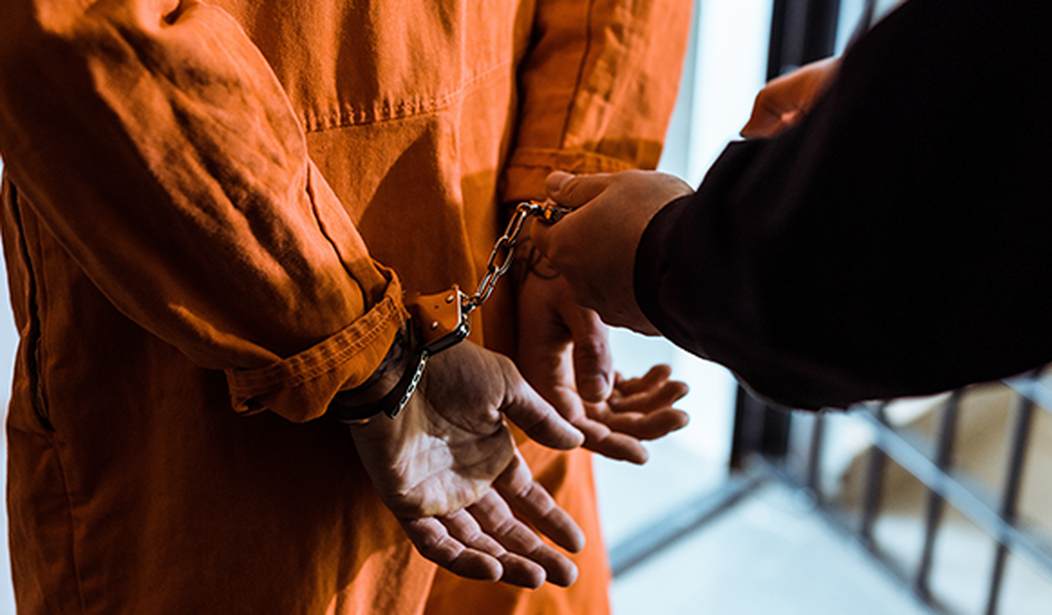Nearly six years ago, Houston drug cops killed a middle-aged couple, Dennis Tuttle and Rhogena Nicholas, after breaking into their home to serve a search warrant. Last week, a jury convicted Gerald Goines, the former narcotics officer who obtained that no-knock warrant by reporting a heroin purchase that never happened, of felony murder.
Although that outcome was highly unusual, the dishonesty that led to Goines' prosecution is much more common. When your job involves creating crimes by arranging illegal drug sales, it is not such a big leap to create crimes out of whole cloth, especially if you are convinced your victim is guilty.
Goines targeted Tuttle and Nicholas based on 911 calls from a neighbor, Patricia Garcia, who described them as armed and dangerous drug dealers who had sold her daughter heroin. Garcia, who did not even have a daughter, later admitted she had made the whole thing up, pleading guilty to federal charges related to her false reports.
In his search warrant affidavit, Goines claimed a confidential informant had bought heroin from a man at 7815 Harding Street, where Tuttle and Nicholas lived. Goines later confessed he had invented that transaction, although he claimed he personally had bought heroin at the house the evening before the raid.
Prosecutors showed that was not true either. They presented evidence that Goines was 20 miles away from the house at the time of the alleged drug purchase and had not visited the location that day.
As jurors learned during the sentencing phase of Goines' trial, his lethal lies were part of a long pattern. For more than a decade, drug suspects had complained that Goines was framing them, but no one in a position of authority took them seriously until it was too late for Tuttle and Nicholas.
Recommended
Back in 2008, for instance, Goines claimed he had bought crack cocaine from Otis Mallet. Mallet, who always insisted that Goines was lying, served two years of an eight-year prison sentence before he was released on parole. In 2020, the Texas Court of Criminal Appeals declared him "actually innocent."
Mallet's case was one of 1,400 involving Goines that the Harris County District Attorney's Office reexamined after the Harding Street raid. More than 30 convictions have been overturned as a result of that review.
The informant who supposedly bought heroin from Tuttle worked with Goines for more than two decades. Initially, she testified, she would buy drugs from the suspects he identified, but eventually he would pay her to sign forms documenting fictional purchases.
But for the disastrous Harding Street raid, which precipitated an exchange of gunfire in which Goines and three other officers were injured, the 34-year police veteran would have been free to continue business as usual. "Goines and others could never have preyed on our community the way they did without the participation of their supervisors," Harris County District Attorney Kim Ogg said in July 2020. "Every check and balance in place to stop this type of behavior was circumvented."
It is hard to say how often this sort of thing happens, since prosecutors, judges and jurors tend to discount the protestations of drug defendants, especially if they have prior convictions, and automatically accept the testimony of cops like Goines, who are presumed to be honest and dedicated public servants. But similar scandals in cities such as Baltimore, Chicago, Los Angeles, Philadelphia and San Francisco show the problem of "testilying" is not limited to Houston.
"Police officer perjury in court to justify illegal dope searches is commonplace," Golden Gate University law professor Peter Keane, a former San Francisco police commissioner, wrote in 2011. "One of the dirty little not-so-secret secrets of the criminal justice system is undercover narcotics officers intentionally lying under oath."
Testilying "is a perversion of the American justice system that strikes directly at the rule of law," Keane observed. "Yet it is the routine way of doing business in courtrooms everywhere in America."

























Join the conversation as a VIP Member